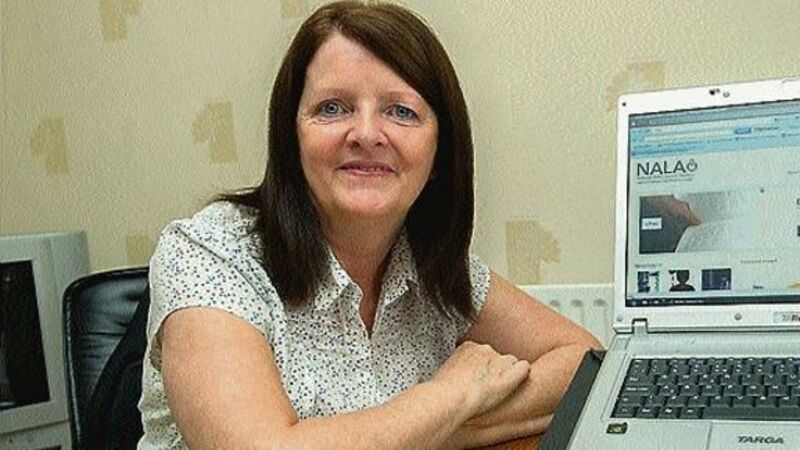Spelling out the future

Or reading Hello magazine. Or writing a few lines on a birthday card. Or reading a simple bed-time story to a child. Or being able to research a holiday online.
This week is National Adult Literacy Awareness Week (Sept 24-28). It’s true that 25% of Irish adults struggle with reading, writing and maths. It’s also true that due to increased State funding over the last decade, there has been a 200% increase in the number of adults participating in Vocational Education Committee (VEC) adult literacy services.











